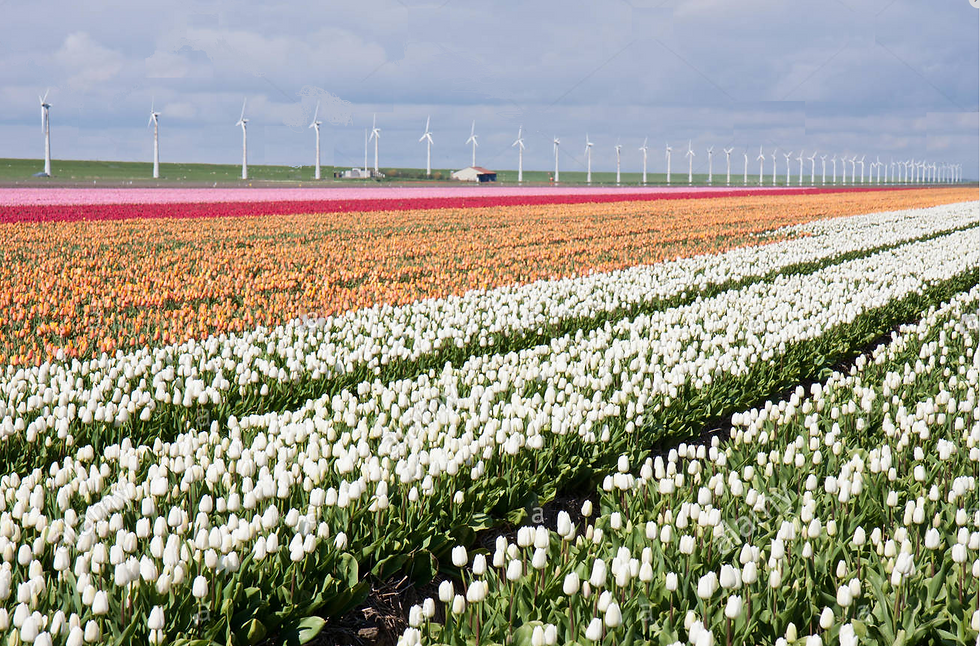COVID-19 Impacts on the Solar Power and renewable Energy Industry
- Cloverfour

- Apr 29, 2020
- 3 min read
As the global crisis continues to develop and experts say a vaccination is at least a year away, we have to keep focus on the shift to renewable Energy.
It’s much too early to be able to assess how large their economic, environmental and policy impacts will be. But we expect a significant short-run contraction followed by a catch-up period over the next few years that returns us to the same long-term path – perhaps even a better one.
Falling energy demand
The most obvious result of these shocks is clear: Economic contractions reduce power demand, because every form of economic activity requires electricity, directly or indirectly. The 2008-9 recession reduced power demand so much that in most countries utility sales did not exceed 2008 levels until 2018.
Electricity use on March, 2020 was 3% lower than on March , 2019. That difference represents a loss of about three years of sales growth. Electricity use will trace the same path as total economic output as the crisis unfolds, but will drop much less in percentage terms. That’s because electricity use is a necessity, and essential services and households will continue to use power. Some, like health care, will use much more.
Industry revenues will also suffer, because most utilities are voluntarily halting shutoffs due to bill nonpayment and deferring planned or proposed rate increases.
Economy-driven demand reductions, which are likely worldwide, will hurt new renewable installations. Utilities will tighten their budgets and defer building new plants. Companies that make solar cells, wind turbines and other green energy technologies will shelve their growth plans and adopt austerity measures.
The COVID-19 outbreak has already slowed Chinese production of solar panels and materials, delaying projects in countries including India and Australia. Manufacturing disruptions in China could contribute to a significant one- or two-year dip in renewable additions.
Clean energy has momentum
Countervailing factors will partly offset this decline, at least in wealthy countries. Many renewable plants are being installed for reasons other than demand growth, such as clean power targets in state laws and regulations, and are already under contract or construction.
Government policies and public pressure are also forcing utilities to retire coal-fired power plants. Most of this will likely be replaced by wind, solar and hydro power.
Despite the current crisis, there is long-term pressure from many directions to add carbon-free energy. In many countries the utilities companies have already committed to carbon reduction goals, including many companies that pledge to become carbon-free. Voluntary green energy purchases by companies increased the last year worldwide, with megawatts – And residential customers are choosing to buy more renewable energy through options such as privately owned solar systems and Community solar programs.
This oil price collapse has also reduced natural gas prices by about one-third from year-ago levels. Like electricity and oil, natural gas use rises and falls with economic activity; it is somewhat less sensitive to economic trends than the highly reactive oil sector, and more sensitive than comparatively stable electricity use.
Ordinarily, cheaper natural gas – which is widely used for generating electricity – would stimulate electricity demand by reducing the price of power, thus increasing economic growth. But in this unusual era, the effects of lower oil and gas prices on renewables will be somewhat murky and complex, and will probably differ substantially by market and region.
For some new plants in places where policies do not effectively mandate renewable energy, continued or even new use of oil and gas generation will look cheaper. For example, replacing dirty diesel generation with solar power plus some form of energy storage will not look nearly as attractive now as it did a year ago.
This is especially worrisome in emerging nations, where the overwhelming imperative is to expand electricity supply as cheaply as possible. These economies are always short on capital and highly sensitive to energy costs. If they opt for cheap fossil fuels instead of renewables, it will be bad for air quality and climate policy.
The fact that central banks are promoting ultra-low or even negative interest rates to respond to the economic crisis could mitigate this risk by making renewables, which have high capital costs, cheaper to install.
The key is avoiding a wholesale shift to new fossil fuel generation.




Comments